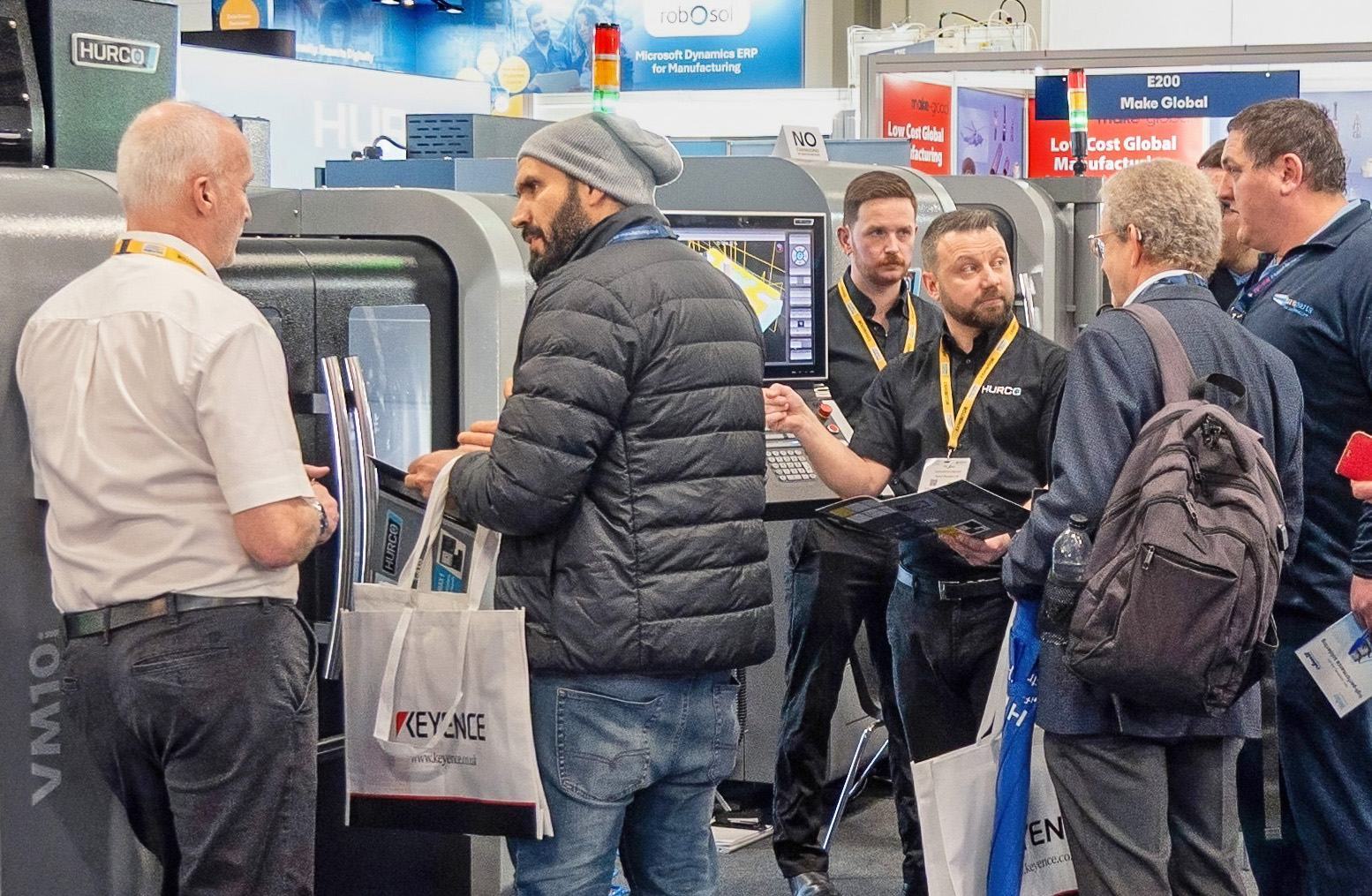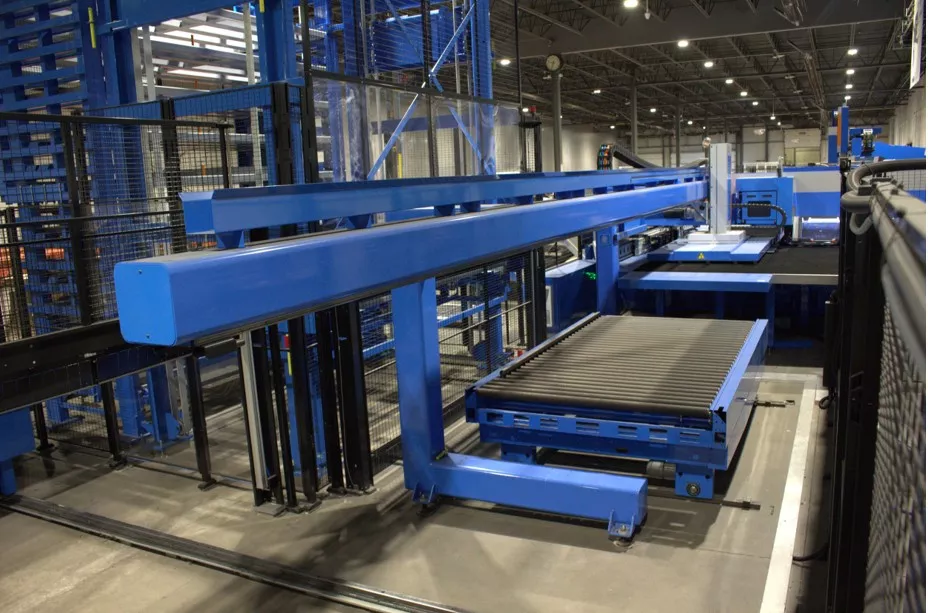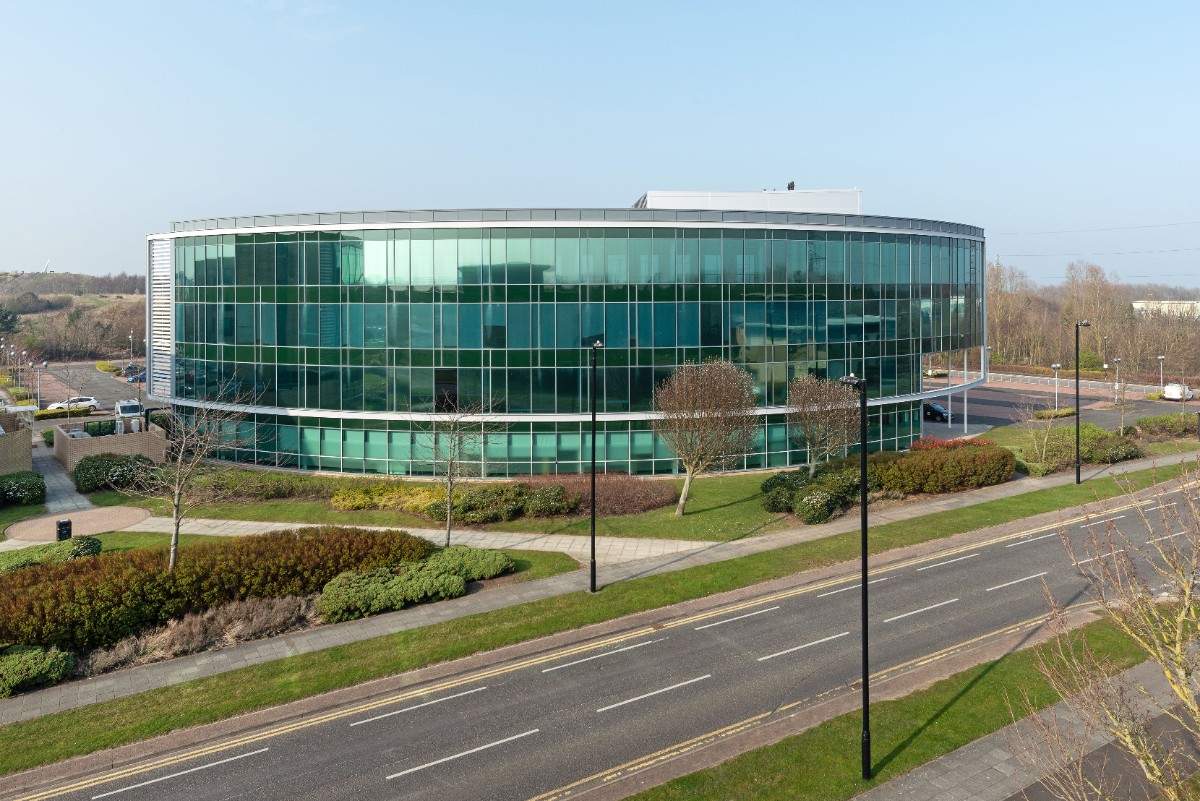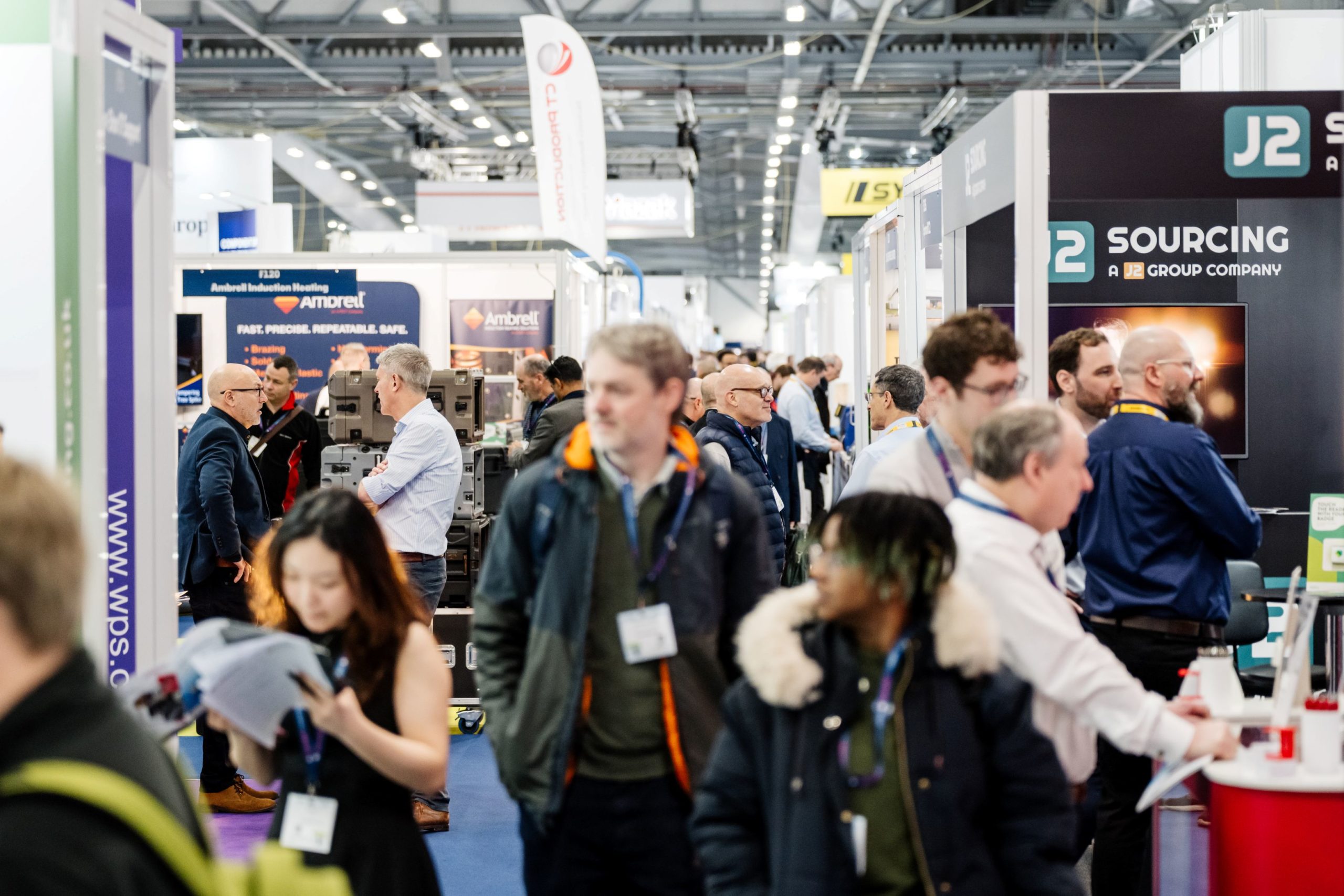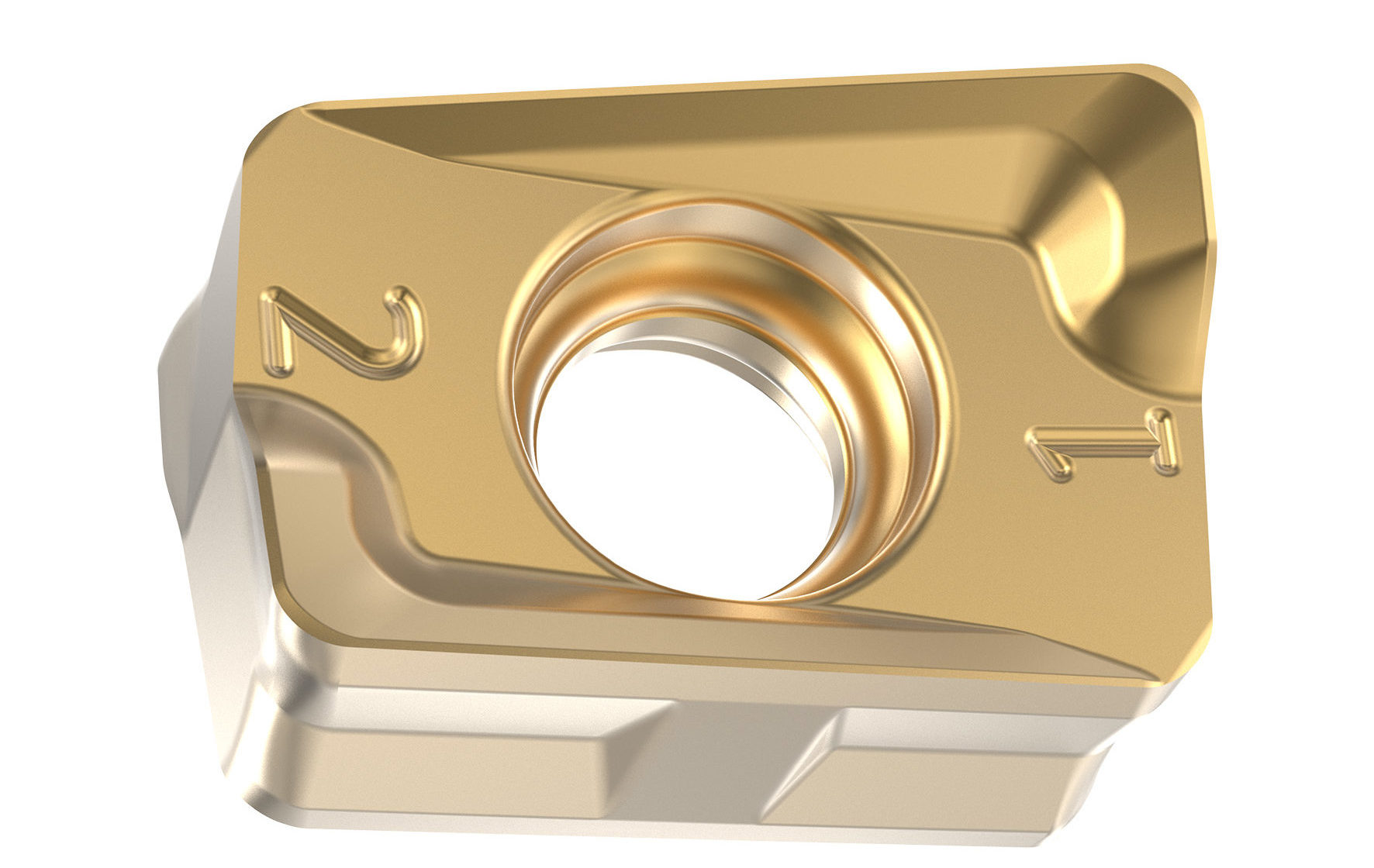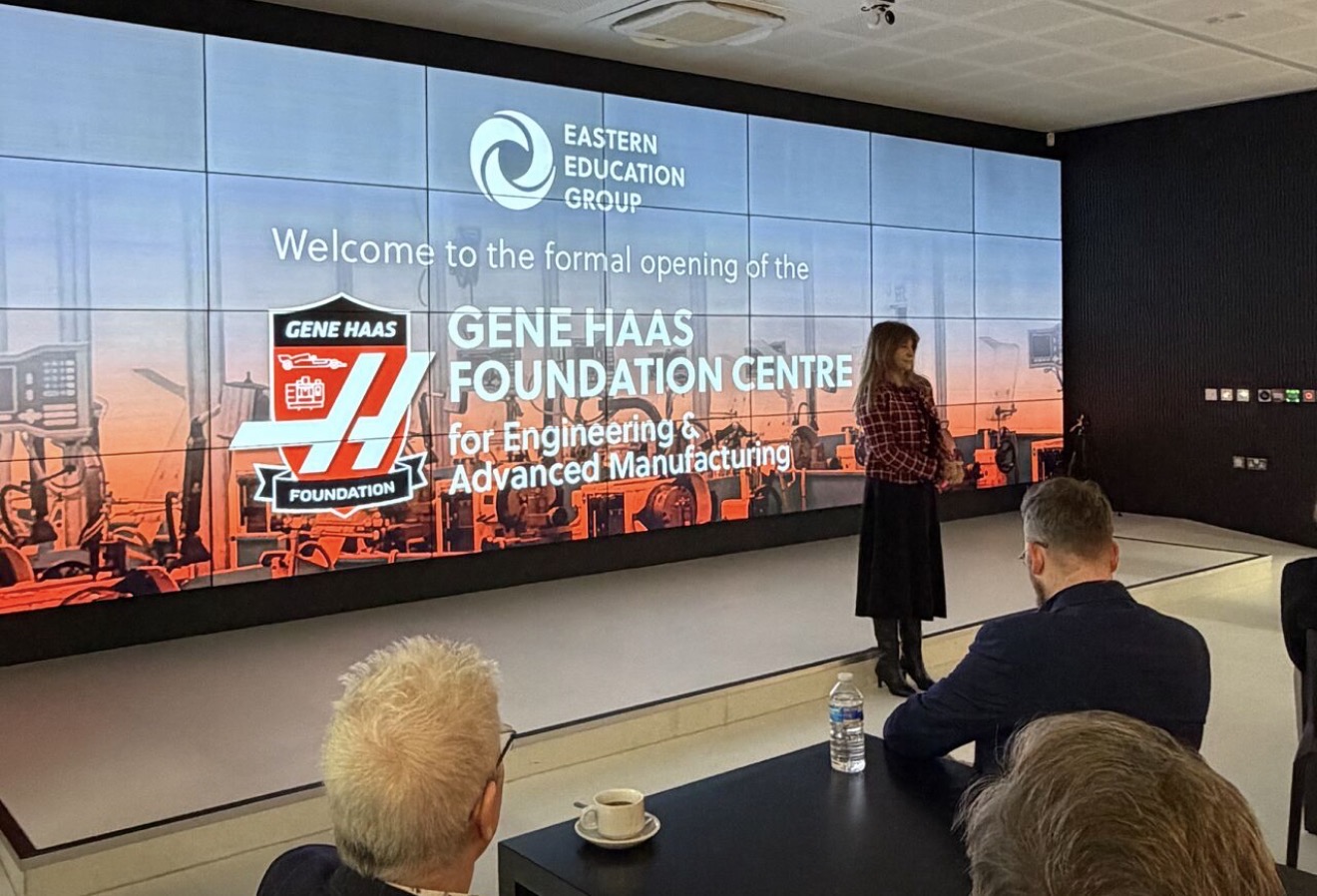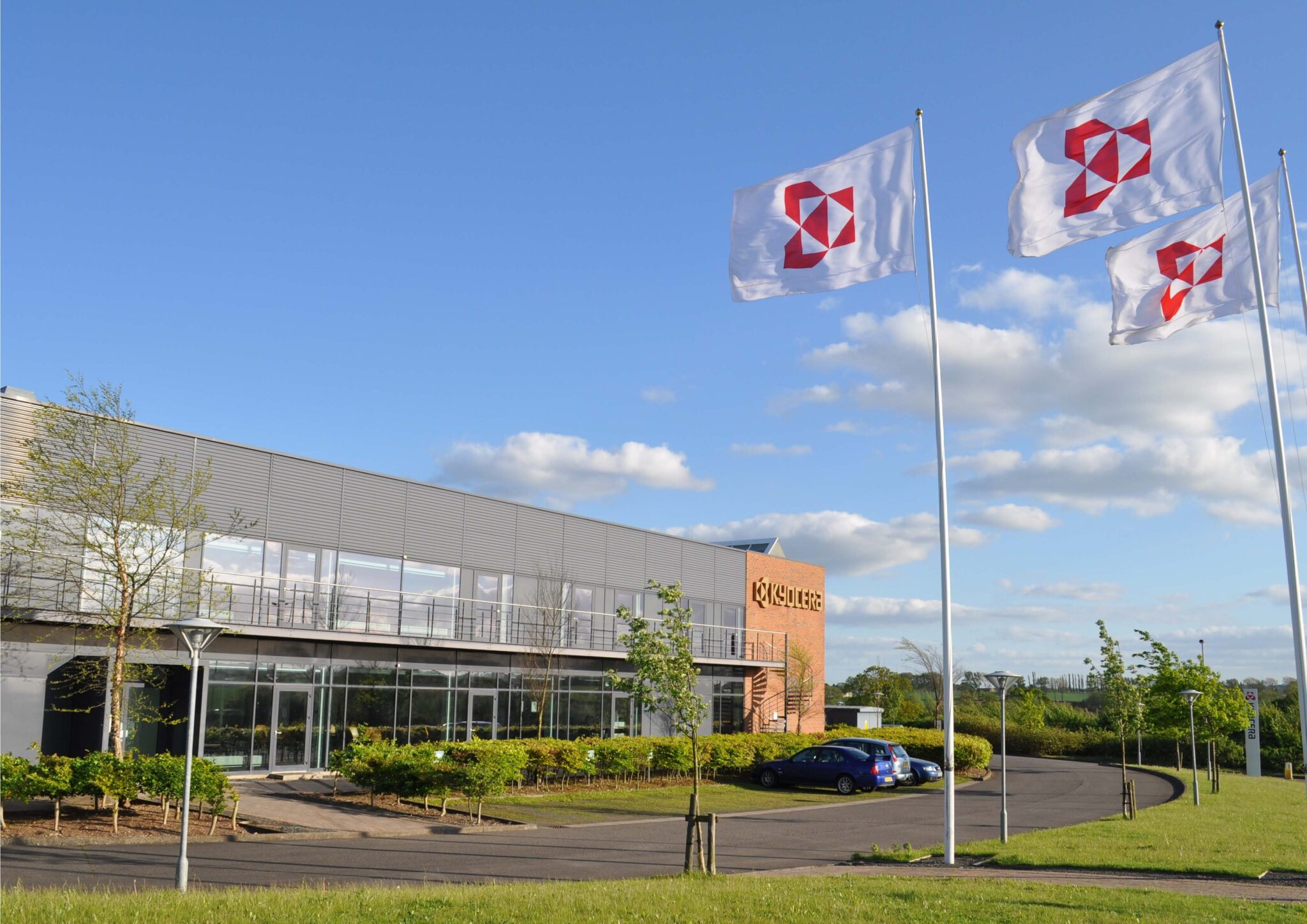Performance boost with face milling cutter
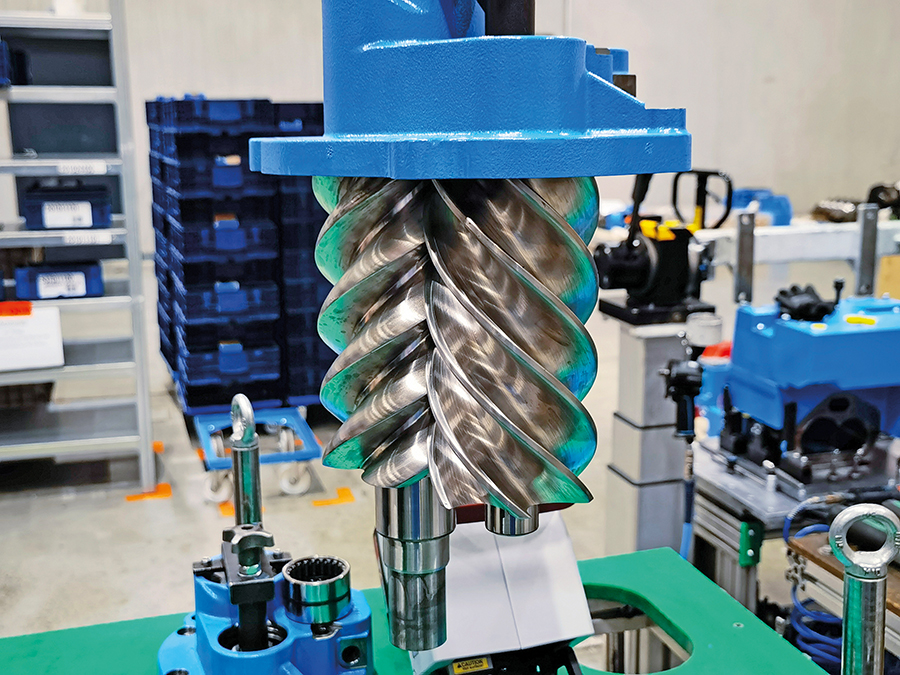
The family-owned company BOGE Kompressoren with its headquarters in Bielefeld, Germany, is a world-renowned technology and market leader in units for generating compressed air. Apart from the performance, quality and cost-effectiveness of the products, one of the most important declared goals is the increase of efficiency and safety in the manufacturing process.
“We at BOGE are the centre of competence in supplying readily assembled and inspected compressor stages for screw compressors”, explains Mario Birkner, Production Manager for Organisation and Projects at the BOGE plant in Großenhain. The progressive company manufactures mechanical components for screw compressors. In Großenhain, around 40 employees produce very accurately machined rotors and housings in highly automated machining centres. During assembly, they are turned into functionally tested mechanical units, which are then delivered to the main plant in order to be completed with drives as well as measuring and control technology. During manufacturing, the focus is on optimum cost-effectiveness. The manufacturing costs for new products are already defined to a large extent during the design stage, in line with the global market standard. Therefore, the corresponding department is located in close proximity to the production. The developers can thus easily communicate with the production specialists. This helps designing products which are immediately ready for production and on time.
“After development, I take care of coordinating the machining operations for the components, so that we can achieve stable, safely controllable and cost-optimised processes”, explains Kevin Schmidt, responsible for project handling of prototypes in production. The cast-iron rotors and housings are machined separately, each on a highly automated production line or island. For new products, the tools and machining parameters suitable for optimal results need to be determined first. Further essential aspects are other general conditions, such as runtime limits or the expenses for maintaining or changing the tools. In addition, there is the design and production of suitable clamping devices and fixtures as well as the definition of test equipment, test fixtures and test plans to ensure the desired high level of quality. Finally, the plant also has test stations for examining the behaviour of units under real-life conditions.
“There are many critical machining processes for housings, e.g. position bores or the bearing areas in rotors,” comments MAPAL’s application engineer Heiko Süss. Often, strict IT6 or IT7 precision requirements have to be met. This is where fine boring tools from MAPAL, designed exactly for these tasks, come into play. Not only is maximum precision important here – machining times must also be as short as possible. Well-designed multi-stage tools often result in low material removal rates that are sufficient to carry out several machining steps. Moreover, the custom tools achieve considerably closer tolerances and better surface qualities while maintaining the same high process reliability. In this area, BOGE and MAPAL have had a close partnership in development cooperation for a long time.

In the early phase of new projects, Heiko Süss already receives an inquiry from BOGE regarding the tool concept to be used for optimal machining of the new components. The machining solution suggested by MAPAL is then elaborated on within the team and validated in tests.
“In our discussions, other questions always arise in addition to the actual topic of conversation”, says Kevin Schmidt. One of these conversations with Heiko Süss was about the unsatisfactory performance of the previously used face milling cutters from a market competitor for roughing thrust bearing caps. These milling cutters were fitted with indexable inserts and had a diameter of 160 mm. However, their machining performance in roughing was insufficient, so that two or sometimes even three cuts were necessary in order to remove the required material thickness. Süss made Schmidt aware of the new NeoMill face milling cutters with radial indexable inserts and recommended a NeoMill-16-Face face milling cutter with a diameter of 125 mm for this task. The tool is fitted with ten indexable inserts, each of them with eight cutting edges on both applicable sides and was used in production for tests lasting several weeks.
“With these new tools, we were able to achieve really impressive success,” Mario Birkner is pleased to say. The material removal rate, increased from two to four millimetres, already made it possible to reduce the required machining time by half. Furthermore, it was possible to double the feed due to the softer cut and thus lower power consumption of the machine, so that the machining time decreased by more than 60 percent.
The tool life per cutting edge of the indexable inserts resulted in further time and cost advantages: 60 instead of the previous 45 minutes. In addition, the costs per cutting edge were reduced as well. This is because the octagonal (ONKU) indexable inserts from MAPAL’s NeoMill range, which are now being used, have a negative basic shape, can therefore be put in on both sides and have 16 cutting edges each in total. Thus, full replacement of the insert set is only necessary after 16 hours of use instead of the previous six hours, with corresponding positive effects on expenses for changing tools as well as on handling costs. In direct comparison with the previously used milling cutter, 45 machining hours can be saved when machining 1,200 parts.
However, these advantages could only be used to their full potential within the framework of a machine software optimisation: previously, an adaptive feed regulation automatically reduced the feed rates specified by the NC programme according to certain parameters. This automatic system proved to be too slow for the rapid machining of the NeoMill milling cutter. MAPAL’s face milling cutter was only able to realise its full performance potential after this function was deactivated. According to Mario Birkner, MAPAL will also be contacted for further machining processes in future projects.

